The MeBioS division of KU Leuven focuses on the interaction between biological systems and physical processes. The research is conducted at the supra disciplinary level of bionanotechnology, or the application of biological systems to nanometer-scale materials. The MeBioS group was established in 2005 and is led by Prof. Jeroen Lammertyn. Their work encompasses novel bio-molecular detection concepts, miniaturized analysis systems, and sensor-based analysis methods. The applications of their research are broad and include the food and pharmaceutical industries, medical diagnostics, and environmental monitoring.
Biosensors and bioinstrumentation are emerging fields that draw on advances in
physiology,
electronics, and
biochemistry. At Duke, biosensor researchers engineer nano- and macro-scale devices from biological components. These devices detect tiny amounts of chemicals and other materials and provide a variety of health care technologies. The research community is supported by Duke's Fitzpatrick Institute for Photonics and the Global Health Institute.
The biosensors and bioinstrumentation area utilize recent advances in physiology, electronics, and biochemistry to develop devices that measure minute amounts of chemicals. The research at Duke includes engineering micro-and nano-scale devices, as well as incorporating biological components to monitor the effects of various compounds. The program has a strong focus on developing countries, and faculty members at both universities are active in this field.
Ph.D. in Biosensors Eligibility
Candidates who want to take admission in Ph.D. must have a post-graduate degree in Biosensors and its relevant discipline with at least 55% marks from a recognized university and must have passed the national level entrance examination or university level entrance examination. National level entrance exams like UGC NET / UGC CSIR NET / GATE / SLET or University entrance exam consisting of written tests and personal interviews.
The Benefits of a Ph.D. in Biosensors
There are many reasons to pursue a Ph.D. in Biosensors. This specialized degree will allow you to work with biosensors, which are sensors that detect biological molecules. These sensors can be used to monitor air quality, detect airborne pathogens, and more. This field is growing rapidly, with over 345 jobs in the US alone. If you're interested in joining this field, the time to get started is now.
For example, biosensors can detect the spread of cancer in a person's body. They can also be used to evaluate the effectiveness of treatments. Furthermore, biosensors are much more cost-effective than radiology imaging tests, which require large amounts of tissue to determine the extent of cancer growth. If you're interested in a Ph.D. in Biosensors, you'll be able to develop and improve a new technology that will help the world.
The benefits of earning a Ph.D. in Biosensors include the opportunity to contribute to scientific breakthroughs. There's a lot of demand for these sensors in various applications, such as in medical devices. For example, nanophotonic sensors can be used to detect cancer in real-time. Ultimately, this research can lead to better diagnostic tools and better treatments. The potential for these technologies is enormous, and there's never been a better time to pursue a Ph.D. in Biosensors.
The Career and Job Opportunities of a Ph.D. in Biosensors
If you are planning to get a Ph.D. in biosensors, you can choose to do your research at the Institute for Bioengineering in Catalonia. This university offers a variety of training programs and a number of research opportunities for Ph.D. students. If you are interested in biosensor research, you can also work as a researcher in a biosensors company.
There are several research positions available for those interested in biosensors and bioinstrumentation. Several universities and companies host Ph.D. students. There are also a number of programs available in the field. For example, you can work for a company in the field of biosensors. You can use your
Ph.D. to design and manufacture new biosensors, develop biomedical instruments, and other medical devices. The best part of the program is that it can be applied to a variety of industries.
If you want to work in a biosensors company, you can apply for a postdoctoral position at Empha in Switzerland. The successful candidate will be hosted by Empha and will work in the Institute of Environmental Engineering at ETH Zurich. The position will last for three years and will involve developing biomedical sensors. If you're looking to join a company, you can supervise research in the laboratory.
Future Scope of a Ph.D. in Biosensors
In the field of biosensors, continuous development is necessary to increase the specificity of these devices and to develop new fabrication and miniaturization techniques. Among the most important developments in biosensors are in vivo analysis systems and lab-on-chip technologies. The current era has seen rapid technological developments in this field. The future of biosensors is bright, so it is essential to obtain a Ph.D. in this field to advance in the field.
While biosensors are already widely used in medicine, they have only recently been introduced to the market. The technology has a wide scope and can be used to measure a variety of analytes. Depending on how biosensors work, they may be applied to agriculture, food technology, or biomedicine. There are a variety of future applications for biosensors, and a Ph.D. in biosensors could pave the way to a booming career in this field.
While biosensors are often applied in medicine, their future applications depend on their application. Currently, they are most commonly used in the food and agriculture industries, but there is also a wide range of potential in biotechnology. For example, blood glucose monitoring is an important application of biosensors, and they have been developed to provide high precision in the measurement of disease-specific biomarkers.
Ph.D. Research Programme duration
The Ph.D. in Biosensors course is a minimum of 3 years and a maximum of 5 in duration. This depends on the university offering the course.
Fees for research program for Biosensors
The average fee for Ph.D. in Biosensors degree is between INR 50000 and INR 500000.
 5 Years
5 Years
 PhD
PhD
 Research
Research







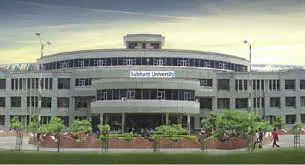
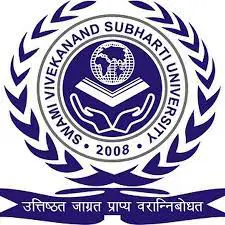


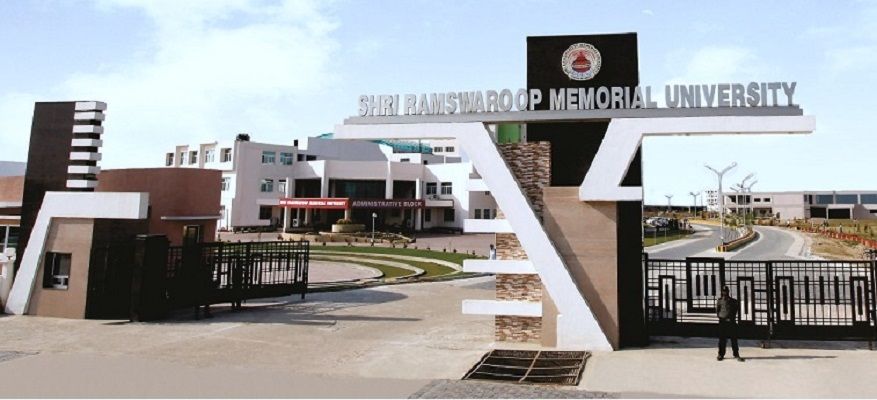



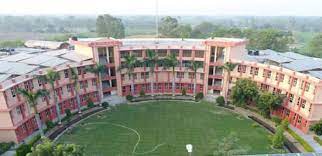

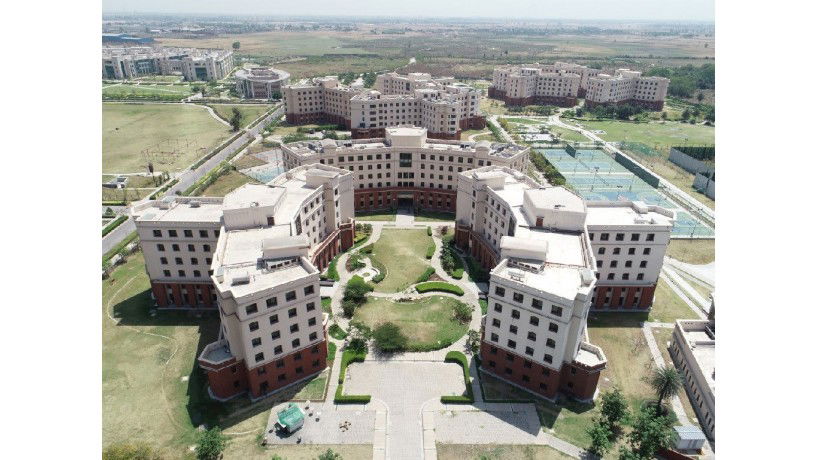

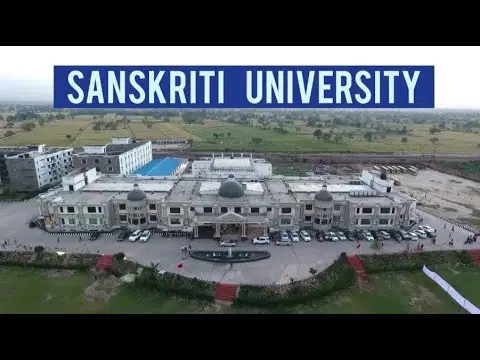

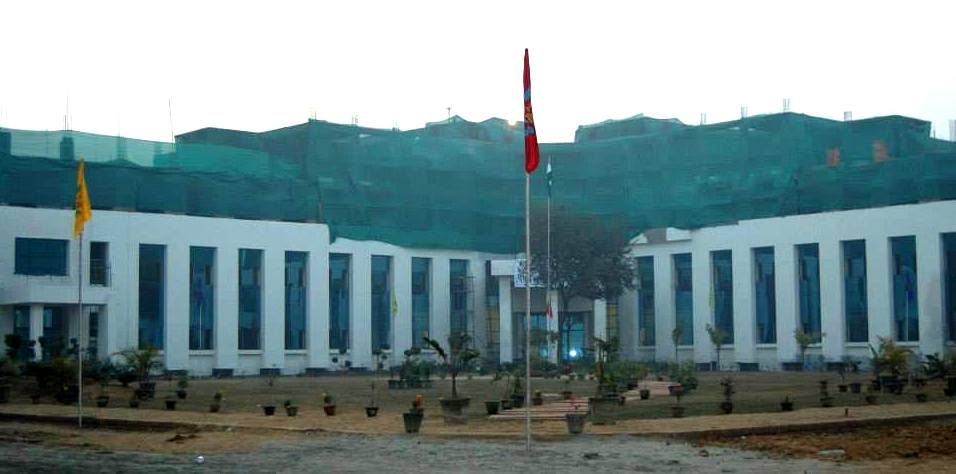

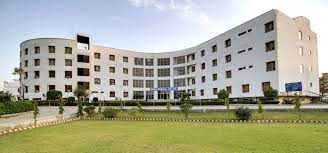
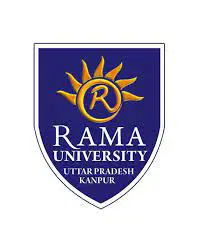
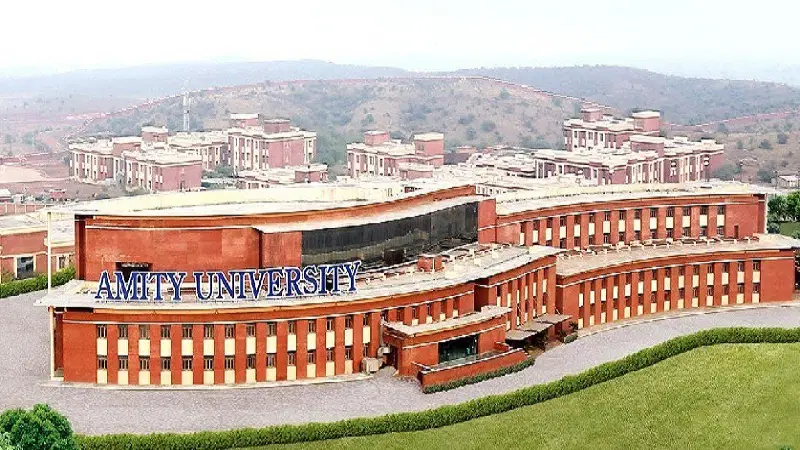


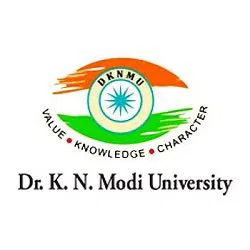
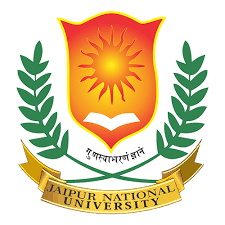
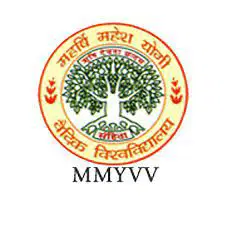
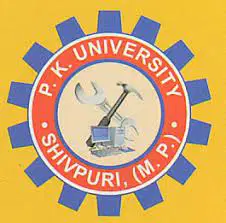

 back
back